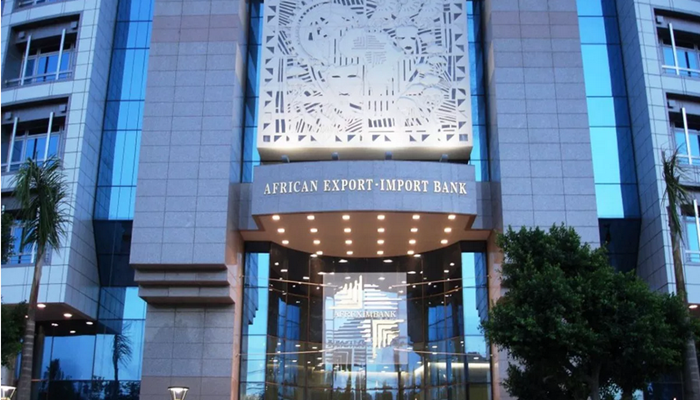
The Federal Government of Nigeria (FGN) on Friday signed investment agreements with three development finance institutions – Afreximbank, Bank of Industry (BOI) and the Nigeria Sovereign Investment Authority (NSIA) – for the development of special economic zones in the country.
President Muhammadu Buhari, who presided over the ceremony at the Council Chambers of the Aso Rock Villa, declared that the investment company in the special economic zones (SEZ) will become operational following the signing of the agreements.
“Today, we are here to witness the signing of investment agreements, following which the Nigeria SEZ Investment Company Limited will become fully operational,” he said.
The Federal Government set up NSEZCO Limited as a vehicle for participating in Public-Private Partnerships involving federal and state governments and local and foreign private investors to develop new Special Economic Zones all over the country, offering world-class infrastructure and facilities at competitive costs.
The projects in the pilot phase include Enyimba Economic City, Funtua Cotton Cluster and Lekki Model Industrial Park.
The three DFIs are among the five to partner with NSEZCO and the Ministry of Finance Incorporated. NSEZCO intends to raise at least $500 million in equity over the first five years in order to execute its ambitious strategy of becoming a leading investor in special economic zones in the country. The other investment partners are the African Development Bank (AfDB) and Africa Finance Corporation (AFC).
Called Project MINE (Made in Nigeria for Exports) the development of special economic zones under the direct supervision of the President Muhammudu Buhari, is a presidential special priority intervention aimed at using the zones to attract substantial foreign and domestic investment for the development of world-class facilities dedicated to export-oriented manufacturing in a range of industries across Nigeria.
Project MINE seeks to position Nigeria as the pre-eminent manufacturing hub in sub-Saharan Africa and as a major exporter of made in Nigeria goods and services regionally and globally; as well as boosting manufacturing’s share of Gross Domestic Product to 20 per cent; generating $30 billion in annual export earnings; and creating 1.5 million new jobs all by 2025.
Speaking at the signing ceremony, President Buhari said the federal government set up the Nigeria SEZ Investment Company Limited as a vehicle for participating in Public-Private Partnerships involving federal and state governments and local and foreign private investors to develop new Special Economic Zones all over the country. He said, the projects in the pilot phase include Enyimba Economic City, Funtua Cotton Cluster and Lekki Model Industrial Park.
The president said the federal government is implementing a comprehensive plan including: “The invitation of experienced Special Economic Zone developers and operators to partner with us to upgrade the federal government owned Free Trade Zones in Calabar and Kano, to offer world-class standards of infrastructure and facilities. Whilst we await the completion of the process of bringing in these investors, the Federal Executive Council has approved the award of contracts in excess of N19.45 billion for the needed investment in Calabar and Kano Free Trade Zones and work is currently ongoing. This is the highest amount of capital investment ever in the history of these zones.”
He said: “We have allocated substantial funds to upgrade the capabilities of our people and the systems in the Nigeria Export Processing Zones Authority to strengthen it as a regulator of our Special Economic Zones; and
“We are allocating substantial resources to the provision of “outside the fence” infrastructure to ensure that our Special Economic Zones are connected to global, regional and domestic markets.
“We are reviewing our incentive framework to ensure competitiveness relative to the other countries with whom we are in the race to attract export-oriented global manufacturing investment.”






